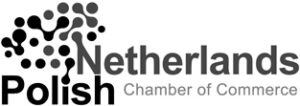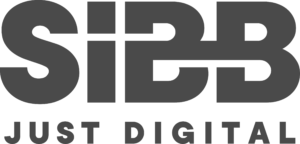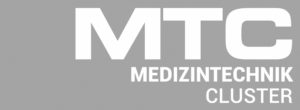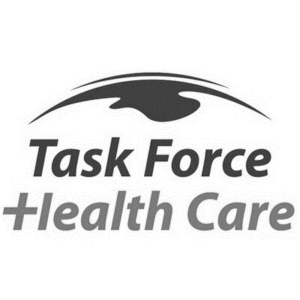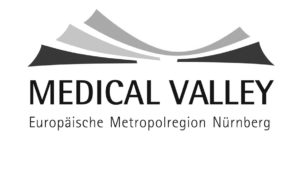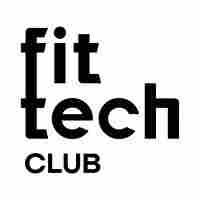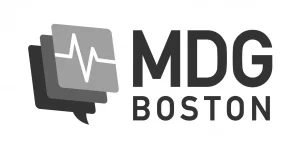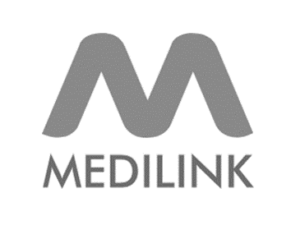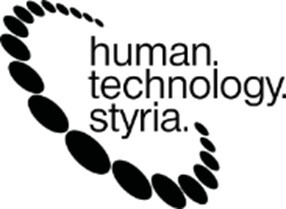Health Technology topics e.g. from Medical Devices and Digital Health and as well IoMT Solutions which is one bracket here are applicable in the biotech area and industry too and included in advanced diagnostics, personalized medicine, AI and machine learning, gene editing and CRISPR diagnostics, regenerative medicine, genetic diagnostics, genome sequencing, and digital health tools such as wearable devices for patient monitoring.
These technologies drive innovation in biotech by enabling earlier disease detection, customizing treatments to individual genetic profiles, accelerating drug discovery, and improving patient outcomes through real-time data and remote care solutions.
Especially following are important:
- Biotech and Artificial Intelligence (AI) and Machine Learning
- Biotech Data and Integration
- Biotech and Medical Devices
- Biotech and Laboratories
Overview of some of these Tech combinations and how Thaumatec Tech Group contributes with IOMT:
Biotech and Artificial Intelligence (AI) and Machine Learning
Artificial Intelligence (AI) and Machine Learning: Used for accelerating drug discovery, gene editing, diagnostics, biomarker identification, protein folding prediction, and environmental biotech monitoring.
Artificial Intelligence (AI) and Machine Learning: AI accelerates drug discovery, optimizes clinical trials, and analyzes large data sets for biotech advancements.
AI supports personalized medicine and improved diagnostic accuracy. Tailoring treatments at the individual level based on genetic and molecular data, considering individual’s genetic profile, lifestyle, and environment improves efficacy and reduces side effects. This is a central trend in biotech.
Biotech and Medical Devices
Remote patient monitoring (RPM) supports the biotech industry by enabling continuous, real-world health data collection through advanced sensors, wearables, and cloud-computing systems.
Medical devices and bio-sensors support biotechnology primarily by providing advanced tools and technologies that enhance diagnosis, treatment, monitoring, and personalized medicine. Medical devices facilitate biotech innovations through wearable and implantable technologies for continuous monitoring and tailored therapies.
Biotech and Laboratories
Laboratories support biotech by providing advanced scientific, operational, and technological capabilities crucial to the development, testing, and clinical application of biotech products. They enable high-quality data generation, efficient study startup, and scientific expertise for biomarker selection and specialty testing in complex drug development and clinical research.
Lab Automation: Automation of research workflows for higher throughput and reproducibility.
Some Topics in Details
Remote patient monitoring (RPM) supports the biotech industry
by enabling continuous, real-world health data collection through advanced sensors, wearables, and cloud-computing systems. This data stream allows biotech companies to better understand patient conditions, improve drug development, personalize treatments, and enhance clinical trial efficiency.
Integration of AI and machine learning in RPM helps predict patient risks, automate alerts, and optimize patient management, making care both proactive and responsive.
Additionally, RPM expands access to healthcare, bridging geographical barriers and allowing biotech firms to serve underserved populations and conduct decentralized clinical trials more effectively.
Key Ways RPM Supports Biotech
Continuous monitoring with real-world patient data informs drug development and personalized therapy design.
AI-driven analytics enhance early detection of health issues and optimize treatment plans.
RPM enables decentralized and efficient clinical trial management by remotely collecting accurate patient health data.
It reduces healthcare costs and hospital visits, improving patient outcomes and adherence to treatment.
Expands reach to patients in remote or underserved areas, improving health equity.
Examples and Innovations
Biotech companies incorporate wearable devices capturing vital signs like cardiac arrhythmias or glucose levels for chronic disease management.
Virtual care tools linked with RPM provide personalized coaching and therapy at home.
Data analytics platforms aggregate RPM data to identify population health trends and tailor interventions accordingly.
This combination of technologies makes remote patient monitoring a crucial enabler for biotech companies focused on advancing care innovation and operational efficiency.
How laboratories are supporting
Laboratories support biotech by providing advanced scientific, operational, and technological capabilities crucial to the development, testing, and clinical application of biotech products. They enable high-quality data generation, efficient study startup, and scientific expertise for biomarker selection and specialty testing in complex drug development and clinical research. Automation and AI-driven systems in labs allow faster, more reliable, and cost-effective experimentation, optimizing bioproduction processes and accelerating innovations such as genetic therapies or personalized medicine.
Strategic partnerships with pharma labs also help biotech companies scale clinical trials, navigate regulations, and expand market reach globally through shared resources and distribution channels. Cutting-edge lab equipment enhances precision, throughput, and real-time monitoring essential for biotech breakthroughs. Overall, labs act as essential hubs integrating specialized knowledge, state-of-the-art instrumentation, and operational excellence to advance biotechnology research and development.
Key Lab Contributions to Biotech
• Provide integrated solutions for clinical study support, reducing complexity and raising data quality.
• Utilize AI and robotics to automate experiments, increasing reliability and accelerating timelines.
• Offer expertise in biomarker discovery and specialty testing tailored to biotech needs.
• Equip labs with advanced tools like high-throughput screening, next-generation sequencing, and 3D bioprinting.
• Facilitate partnerships with pharma to support expensive clinical trials and market expansion.
• Implement eco-friendly and sustainable lab practices, raising environmental responsibility.
Innovations Driving Lab Support
• Autonomous lab systems running iterative experiments with AI hypothesis generation.
• Miniaturized lab-on-chip devices enabling efficient, portable biochemical analysis.
• Real-time monitoring and data analytics for immediate experimental adjustments.
• AI predictive modelling guiding research focus and reducing wasted effort.
• Customizable biotech lab equipment catering to specific research parameters.
• Sustainable laboratory technologies improving waste management and resource use.
This synergy of scientific expertise, automation, AI, and partnerships makes laboratories indispensable pillars in modern biotechnology advancement.
How medical devices are supporting biotech ?
Medical devices and bio-sensors support biotechnology primarily by providing advanced tools and technologies that enhance diagnosis, treatment, monitoring, and personalized medicine.
Medical devices facilitate biotech innovations through wearable and implantable technologies for continuous monitoring and tailored therapies. Examples include pacemakers, insulin pumps, implantable cardioverter defibrillators, and deep brain stimulators. These devices integrate biological insights to improve patient care and enable complex biotech treatments like gene therapy and regenerative medicine.
Medical devices also enable remote patient monitoring and non-invasive diagnostics, which are critical for managing chronic conditions and advancing personalized medicine that leverages genetic and biological data. The convergence of MedTech and Biotech accelerates developments in biopharmaceuticals, gene editing (for example, CRISPR), and regenerative medicine, translating biological breakthroughs into practical healthcare solutions.
Summary
Medical devices act as essential enablers for biotechnology by turning biological research and therapeutic advances into effective, patient-centered clinical applications, supporting complex treatment needs, and enhancing health outcomes through innovation in monitoring and therapeutics.
Examples of medical devices that enable and support biotech research:
• Implantable devices such as deep brain stimulators and implantable cardioverter defibrillators aid research in neurological and cardiac biotech therapeutics by enabling real-time monitoring and treatment delivery.
• Diagnostic devices including blood glucose meters, pulse oximeters, spirometers, and biosensors are crucial for collecting clinical data that inform biotech research in metabolic and respiratory diseases.
• Wearable biometric devices like chest monitors track vital signs (ECG, blood pressure, temperature) non-invasively, supporting remote patient monitoring and personalized biotech treatment development.
• 3D bioprinting technologies produce tissue constructs for regenerative medicine research, enabling experimental therapies in tissue engineering and organ replacement.
• Nanotechnology-enabled devices such as nanosensors, quantum dots, and magnetic instant capture beads improve molecular-level detection and targeted drug delivery systems pivotal for biotech innovations like gene therapy and cancer treatments.
• Gene editing tools incorporating CRISPR technology are emerging as both biotechnological innovations and medical devices, allowing precise genetic modification in clinical trials for genetic disorders and cancers.
• Point-of-care (POC) diagnostic kits and lab-on-a-chip devices enable rapid biomarker detection to accelerate biotech research in infectious diseases and immune responses.[1]
These devices collectively enable data acquisition, therapeutic delivery, and precision diagnostics essential to biotechnology research and translation into clinical applications

